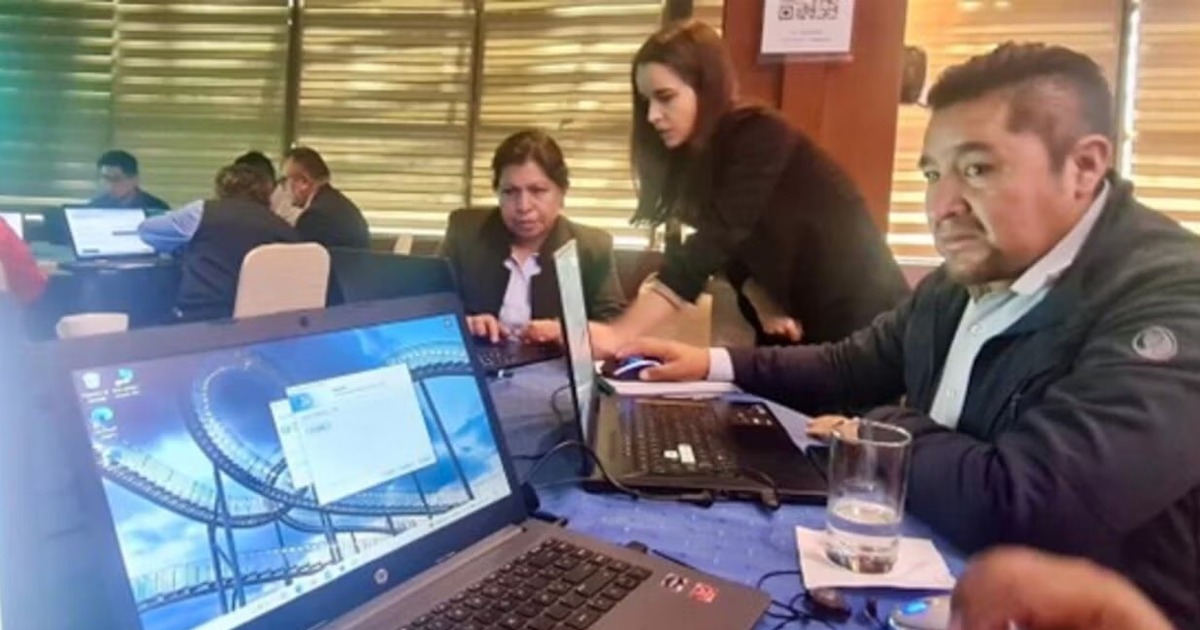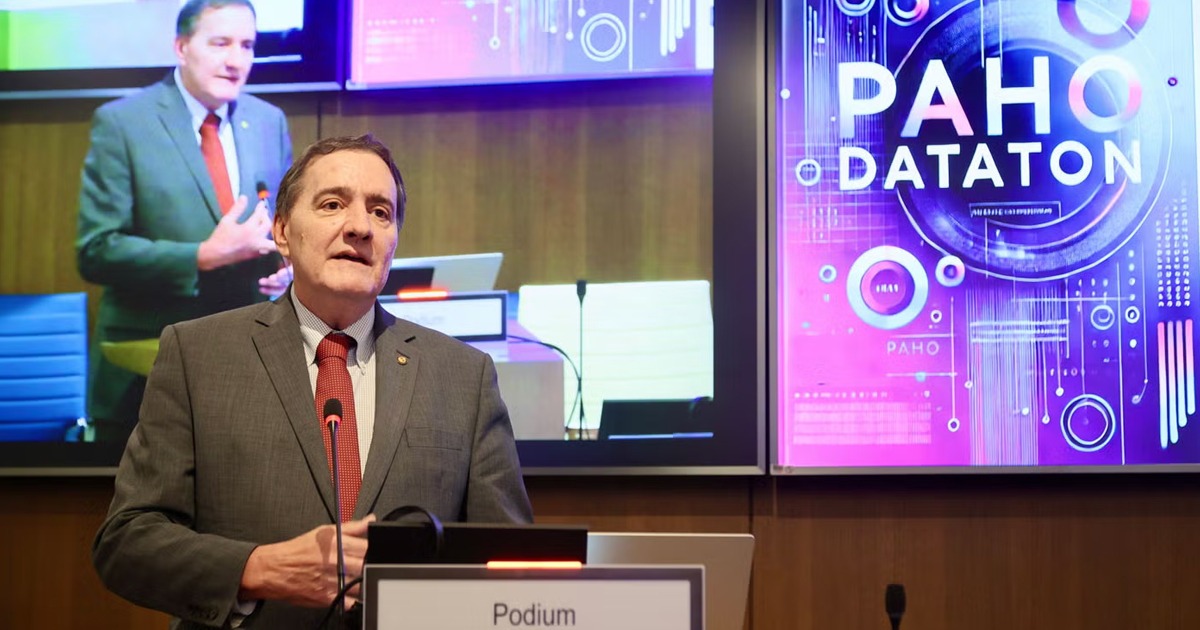The third day of activities of the RECAINSA 2021 Digital Health Forum, had the participation of Dr. Víctor Medina, president of HL7 Mexico Chapter, who spoke about the situation in the adoption of said standard in Mexico.
HL7 or Health Level Seven International is an organization that develops international standards and interoperability solutions for health data. It is one of the most widely used standards worldwide in the health sector for data management.
In the first decade of the 2000s, the HL7 Mexico chapter was created as part of a government initiative. However, in 2012 it was discontinued by the authorities. This situation removed this standard from the panorama of Digital Health in Mexico in subsequent years. Thus, there was a lack of updating guidelines for the application of the standard in the country.
In September 2020, the Mexico Standard Association was created, to resume the HL7/FHIR Chapter in Mexico. Although it is a private sector initiative, they have the support of various academic organizations, and the participation of public officials. And most importantly, they have the support of HL7 International.
The association has work tables on: digital prescription, medical devices, relationship with the government, link with medical associations, telecare, link with insurer, unification of EAN codes, link and funding, electronic clinical file and interoperability standards.

Dr. Medina, who participates in the interoperability standards table, explained that, in Mexico, there have been two Official Mexican Standards (NOM) referring to the standards for the exchange of information in health and interoperability, the NOM-024-2010 that later it was replaced by NOM-024-2012. Likewise, after the impact of the pandemic, there are currently only three certifications in Mexico for the Health Information System Certification.
Exchange of health information is not the same as interoperability
"When we talk about interoperability, we can use the information that they exchanged with us in a transparent way, it is not necessary to clean it, or modify it to be able to use it." Otherwise, with the exchange of health information, it is possible to change the formats in order to interpret it or read it in order to use it, explains Dr. Medina.
HL7/FHIR establishes communication standards in specific formats through APIS (compatible with XL or JSON). In addition, it is a free and direct protocol.
HL7 implementations in Mexico
In 2006, it was implemented in the Mexican Institute of Social Security (IMSS), to integrate hospital information services and the electronic clinical file. Several implementations have recently been carried out within the same institute: in 2015 for extramural hemodialysis information systems; in 2017 for clinical laboratories and blood banks; and in 2020 for the network of epidemiological surveillance and research laboratories.
Currently, the new HL7 initiative in Mexico continues its development. Learn more about the project in the webinar that Dr. Víctor Medina prepared for the RECAINSA Digital Health Forum: https://www.youtube.com/watch?v=Orl49YFuklA





